Could Vitamin C Be The Anti-Aging Ingredient for Youthful Skin?
As a Dermatologist I've tested dozens of Vitamin C Serums - Here's the Top 5 serums I'm Recommending to my patients in 2025

Dr. Cynthia Gallagher, MD Dermatology
Last Update: March 5, 2026
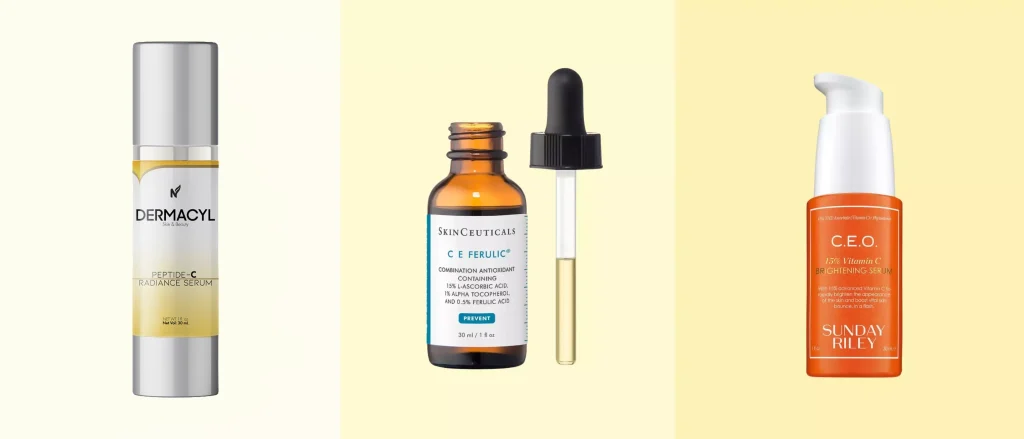
Most Vitamin C serums overpromise and underdeliver?
Finding the perfect serum that actually works can feel like searching for a needle in a haystack—and wasting your hard-earned money along the way.
Here’s the truth: Not all Vitamin C Serums are created equal.
Some forms of Vitamin C, like Tetrahexyldecyl Ascorbate, outperform others like L-Ascorbic Acid. The secret is in the formulation—it must be potent, stable, and free of harmful additives.
As a board-certified dermatologist with years of experience in both cosmetic and medical dermatology, I’ve dedicated my career to uncovering what truly works. After testing countless vitamin C serums—from luxury brands to under-the-radar gems—I’m thrilled to share the top five. One stands above the rest.
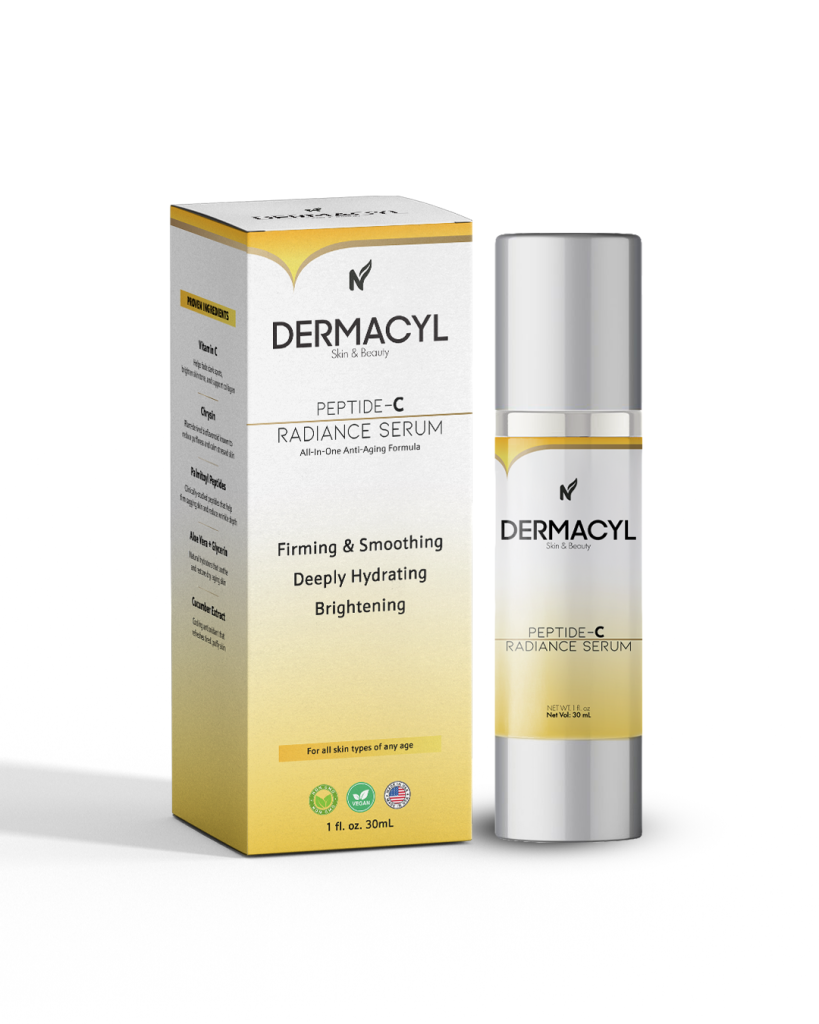
1. Dermacyl Peptide-C Radiance Serum
As a dermatologist, I’ve seen countless products come and go, but Dermacyl Peptide-C Radiance Serum consistently delivers remarkable improvements in skin texture, brightness, and firmness. That’s why I confidently recommend it as my #1 choice for every patient seeking visible, lasting results.
Pros:
- 96% Report Brighter Skin
- 93% Report Reduction in Fine Lines
- Over 11,000 Reviews Online
- Recommended By Dermatologists
- Cruelty Free, Made in the USA, Vegan
Cons:
- Sells Out Quite Often
- Only Available Online
- Only Sold in USA
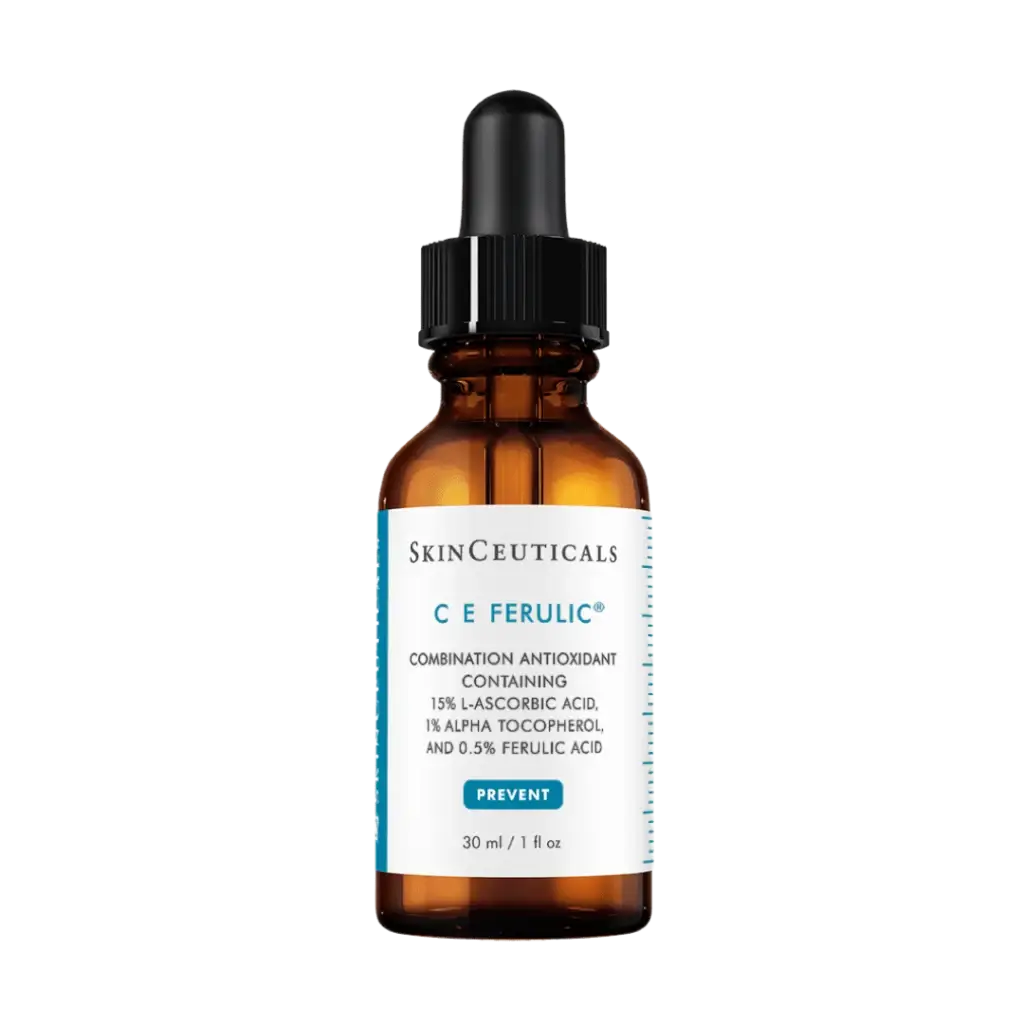
2. Skinceuticals CE Ferulic
As a dermatologist, I’ve been disappointed with SkinCeuticals C E Ferulic, as many patients experience irritation without seeing the dramatic improvements they expect. For the high price point, the results simply don’t justify recommending it as a top choice in my practice.
Pros:
- Backed by years of clinical research and dermatology brand recognition.
Cons:
Commonly causes irritation, redness, or breakouts in sensitive skin.
Extremely high price point compared to results delivered.
Oxidizes quickly, reducing potency after opening.
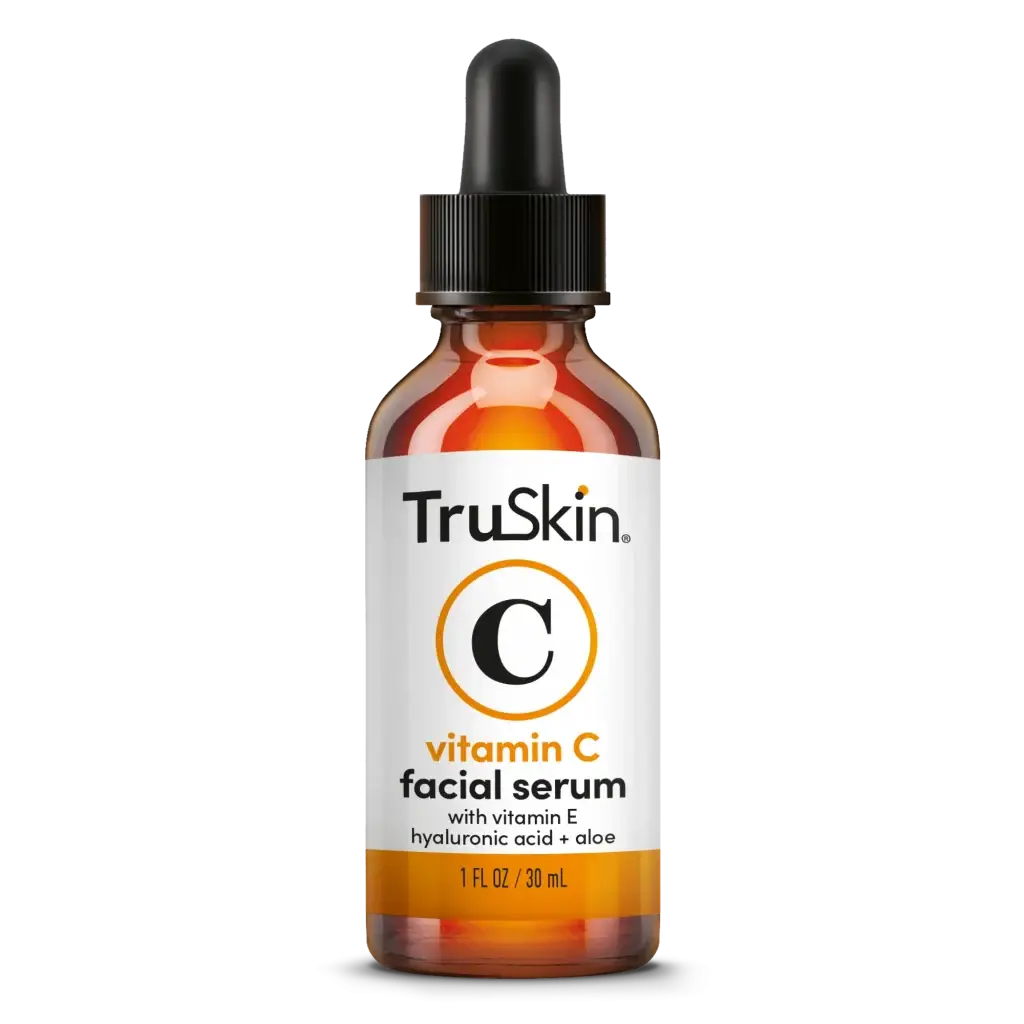
3. Truskin Vitamin C
As a dermatologist, I’ve found TruSkin Vitamin C to be underwhelming, with many patients reporting minimal changes in skin tone or firmness. The formula lacks the clinical strength I look for, so I don’t recommend it as a reliable option for achieving real, lasting results.
Pros:
- Affordable and widely available for budget-conscious shoppers.
Cons:
Formula is relatively weak compared to clinical-grade serums.
Many users report little to no visible skin improvement.
Ingredient stability is questionable, reducing effectiveness over time.
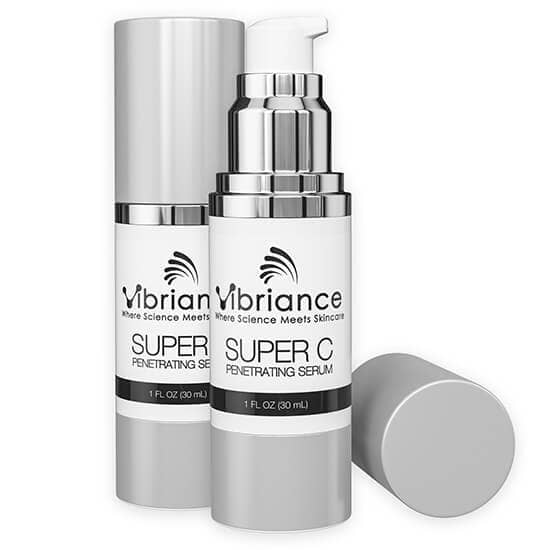
4. Vibriance Super C Serum
As a dermatologist, I’ve seen Vibriance Super C Serum fall short of its promises, with patients often noticing little to no improvement in radiance or fine lines. Its formulation simply doesn’t deliver the clinical-grade results I expect, so I cannot recommend it as a top choice.
Pros:
- Lightweight texture that absorbs easily without greasiness.
Cons:
Lacks peer-reviewed clinical backing or dermatologist validation.
Underwhelming results for reducing wrinkles or improving radiance.
Marketing claims often don’t align with actual patient experiences.
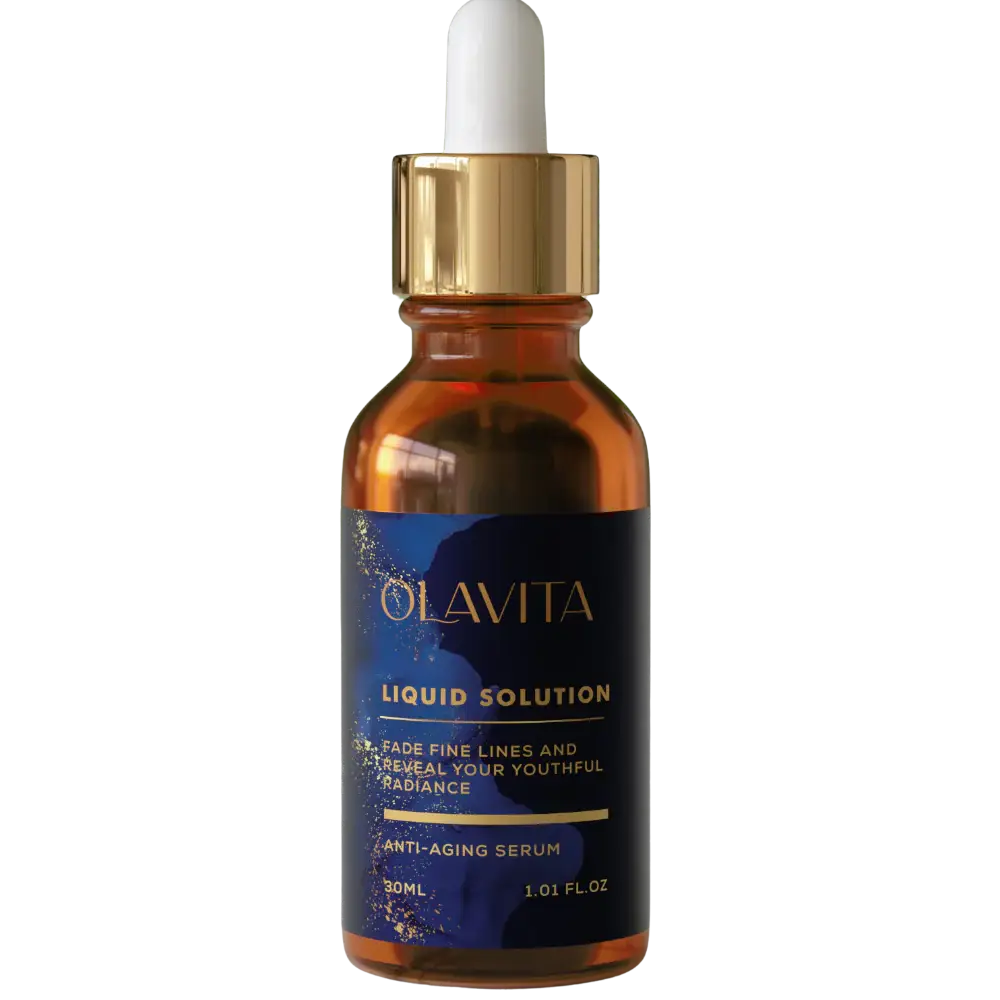
5. Olavita
As a dermatologist, I’ve found Olavita’s vitamin C serum to be inconsistent, with many patients reporting irritation and very limited visible improvements. The formulation doesn’t meet the professional standards I expect, so I don’t recommend it as a dependable option for skin health.
Pros:
- Plant-based branding appeals to “natural skincare” enthusiasts.
Cons:
Frequently causes irritation, especially for sensitive skin types.
Inconsistent formulation quality, leading to unreliable results.
Minimal evidence supporting long-term skin health benefits.